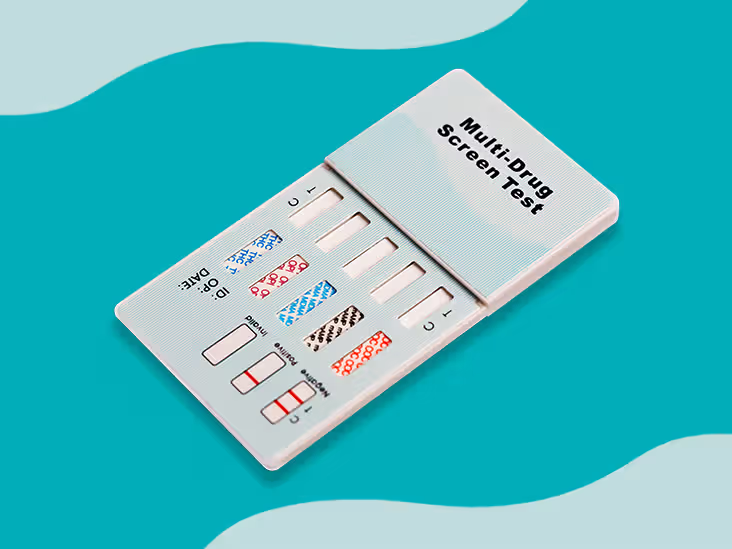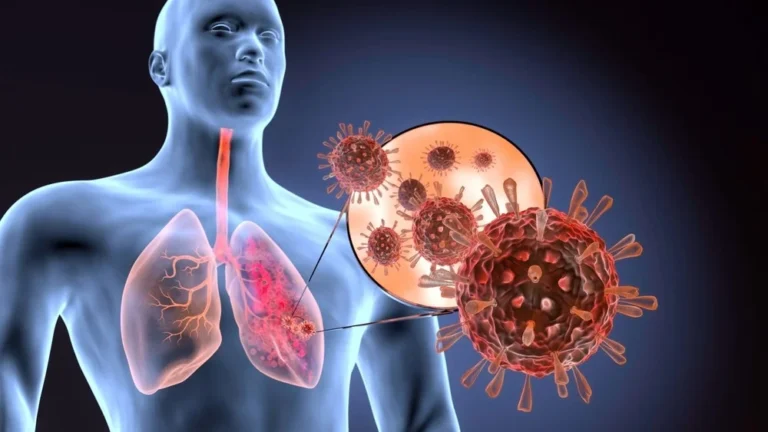What Can Cause A Positive THC Urine Test
Urine drug testing is widely used to detect the presence of substances like THC (tetrahydrocannabinol), the psychoactive element in cannabis. While it’s generally known that THC can trigger a positive result, many people may not realize that several different factors can affect the outcome. Gaining a clear understanding of what might lead to a positive THC urine test is important, especially for individuals facing drug screenings due to work requirements, legal obligations, or medical assessments.
The Role of THC in Urine Drug Tests
Once cannabis is consumed, THC enters the bloodstream and is broken down in the liver into multiple byproducts. These byproducts, or metabolites, can stay in the system for extended periods and are eventually expelled through urine. Drug tests are designed to detect THC-COOH, a specific metabolite that signals recent cannabis use.
How long these metabolites remain detectable depends on a range of factors, including how often a person uses cannabis, their body’s metabolic rate, and how sensitive the drug test is. In someone who uses cannabis occasionally, THC might show up for around three days. In contrast, for heavy or habitual users, the substance can be detected for several weeks. This makes it important to take into account various personal and biological variables when evaluating test results.
Frequency of Cannabis Use
The frequency with which someone consumes cannabis plays a major role in the likelihood of testing positive for THC in a urine test. Individuals who use cannabis regularly or heavily are more prone to showing detectable levels of THC metabolites in their system for a longer duration than those who use it infrequently or only on occasion.
This is largely due to the fat-soluble nature of THC, which causes it to be stored in the body’s fat cells rather than being quickly eliminated. As a result, consistent cannabis use leads to a greater accumulation of THC metabolites, which remain in the body longer and raise the chances of returning a positive urine test.

Method of Consumption
The way cannabis is consumed significantly impacts how THC is absorbed and metabolized in the body. When smoked or vaped, THC enters the bloodstream almost immediately, which allows for quick absorption and faster processing. On the other hand, edibles introduce THC more gradually, as the digestive system breaks it down before it enters the bloodstream. This slower absorption leads to a delayed onset of effects and a more extended metabolic process. Regardless of the method used, THC metabolites can stay in the body for an extended period and may result in a positive urine test.
Body Fat and Metabolism
THC tends to bind to fat cells, so individuals with higher levels of body fat may retain THC metabolites longer than those with leaner body compositions. A slower metabolism can also contribute to prolonged detection times, making it more likely for THC to remain in the system. Conversely, those with a faster metabolism or higher muscle mass might process and eliminate THC more efficiently. Still, metabolic rate and body composition are only part of the equation, and other physiological factors also play a role in how THC is stored and cleared from the body.
Drinking Water and Hydration Levels
Hydration levels can slightly affect how concentrated THC metabolites appear in urine, but consuming large amounts of water in hopes of flushing THC from the system is not a foolproof strategy. While it might temporarily dilute the urine, this can be easily flagged during a drug test as abnormal or suspicious. Labs are trained to detect diluted samples, which could result in further scrutiny or retesting. Even with heavy water intake, trace levels of THC metabolites are likely to remain detectable in the system.
Certain Medical Conditions and Medications
The liver is central to processing THC, so individuals with liver conditions may metabolize it at a slower rate. Any impairment in liver function can delay the breakdown and excretion of THC metabolites. Additionally, medications that impact liver enzymes may interfere with how THC is processed, potentially leading to higher levels remaining in the system. Some prescription or over-the-counter drugs can affect the accuracy of drug tests as well. It’s essential for individuals undergoing testing to disclose relevant health conditions or medications that could influence results.
False Positives and Cross-Reactivity
Although uncommon, false positives on THC tests can occur due to cross-reactivity with other substances. Some over-the-counter medications, such as certain painkillers and antibiotics, may cause the test to incorrectly identify THC metabolites. Similarly, using hemp-derived products that contain trace amounts of THC could result in a positive test, even without deliberate cannabis use. To reduce the risk of this happening, it’s a good idea to double-check product labels and be cautious with any supplements or herbal products before testing.
Conclusion
Many different factors contribute to whether THC will show up on a urine test, including how often cannabis is used, how it’s consumed, the user’s metabolism, and any underlying medical issues. While THC metabolites can linger in the body for days or even weeks, the actual window of detection can vary significantly between individuals. Anyone concerned about passing a drug test should take these variables into account and consider refraining from cannabis use well in advance of testing to minimize the chances of a positive result.






